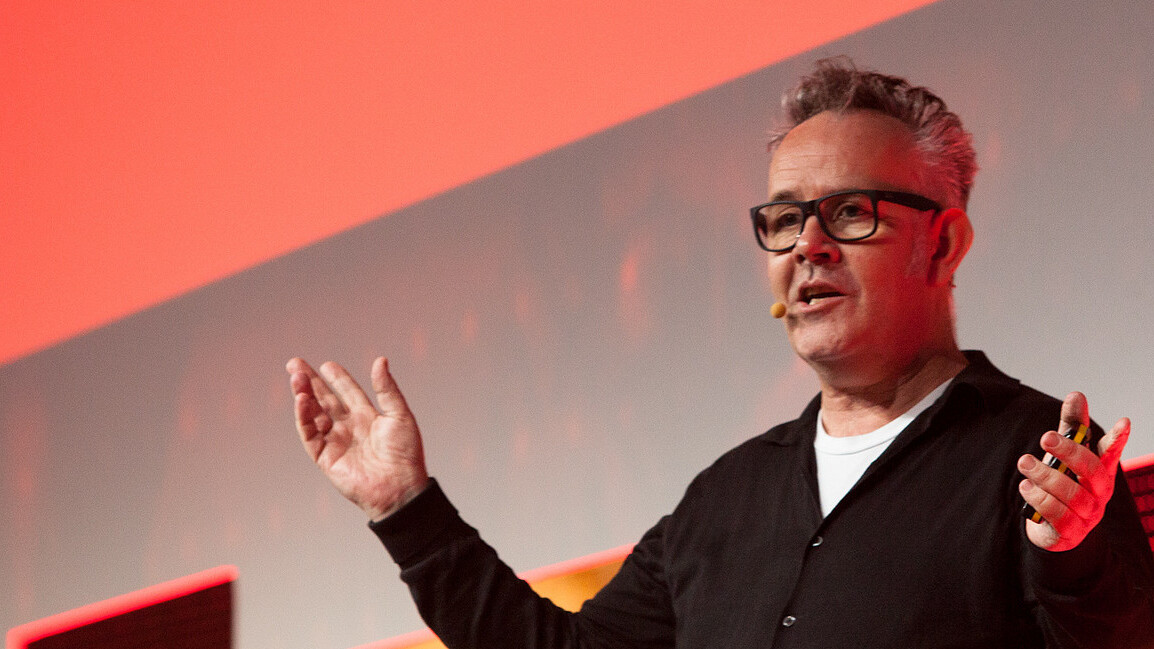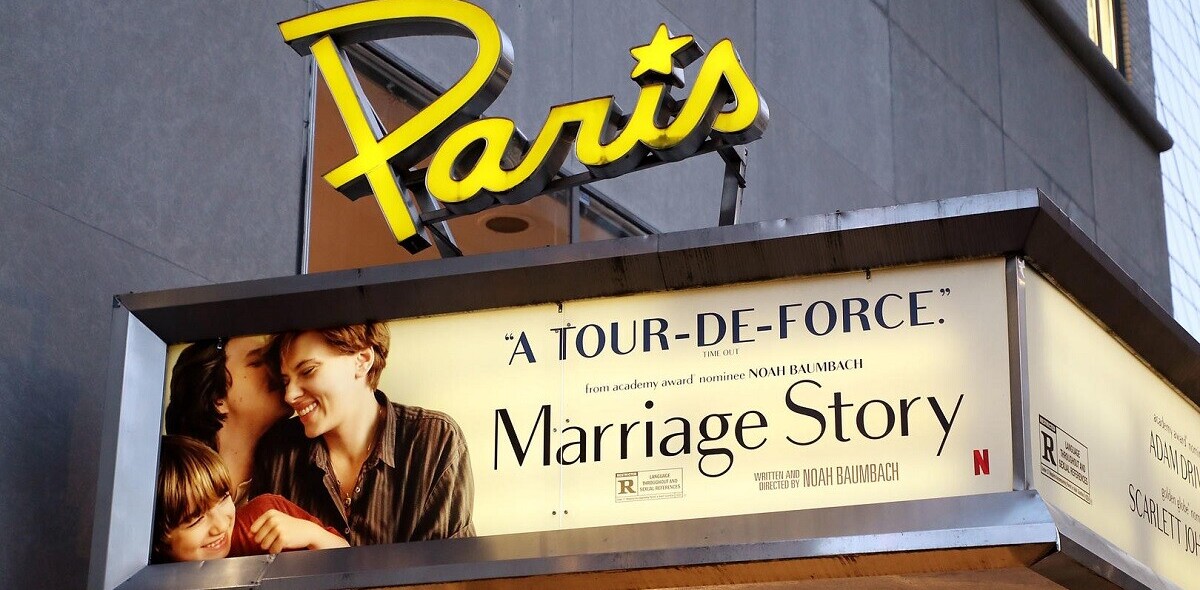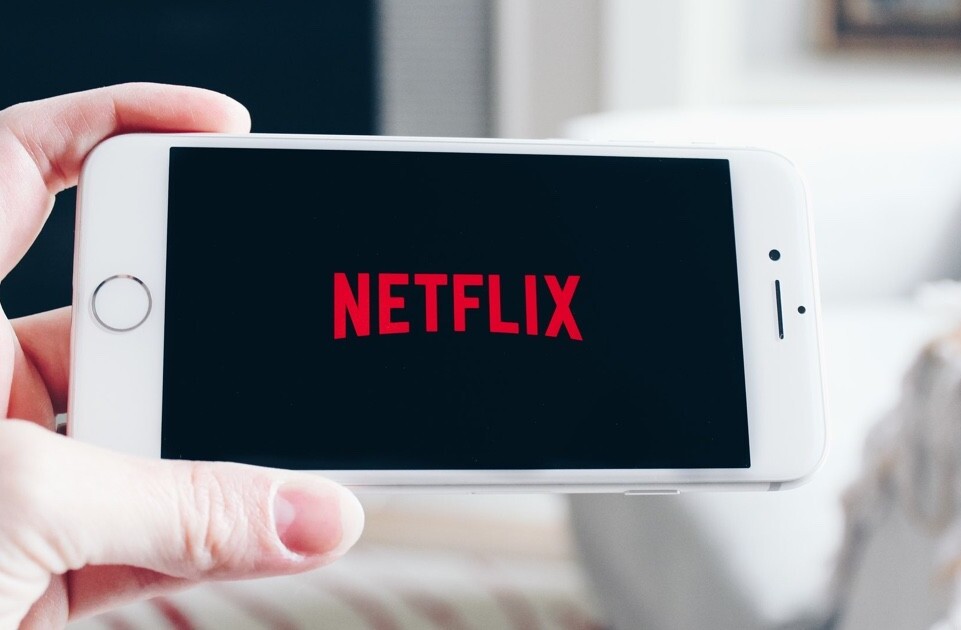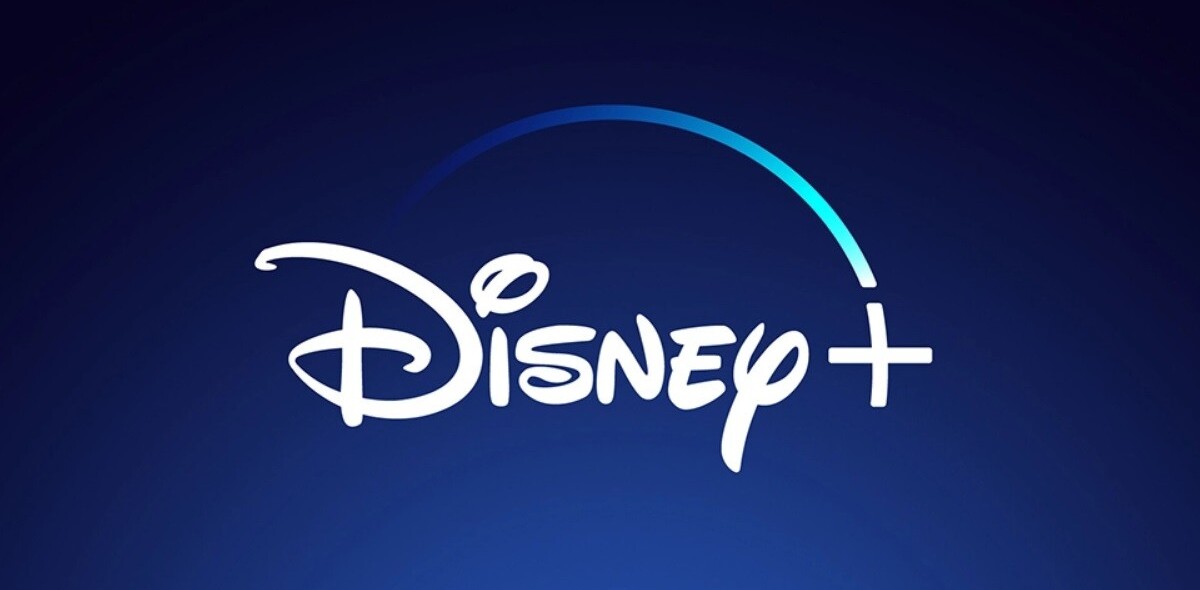
Everyone loves innovation. In the technology industry, perhaps more than anywhere else, people want to see new products, services and ideas being developed all the time. We live for progress.
Copying, on the other hand, is frowned upon. If someone launches a mobile app that has a similar premise to an existing service, we shake our heads from side-to-side, call it a ‘clone’ and uninstall it from our smartphone or tablet in an instant.
Mark Earls, a best-selling author and consultant on human behavior, talked at The Next Web Conference in Amsterdam about the “curse” of originality and how developers who look for uniqueness from the get-go are making life harder for themselves.
“Copying turns out to be our number one learning strategy,” he said. “Through a range of experiments over the last three years, the British government’s behaviour insights team have learnt that what other people are doing is the most important influence on an individual’s behaviour – especially if you want to change it.”
So what does that mean exactly? Well, new ideas emerge through the process of copying and understanding another person’s product or idea.
“Copying is essential to the spread of anything,” Earls added. “If you have an idea, a business, a proposition or a piece of technology that you want to spread you need to get people to copy it.”
He added: “But that’s not all. Because you might say ‘Okay, that’s fine but it will lead to everything being the same, won’t it?’ The really exciting truth about copying – and this has always been the way in our culture – is that copying creates new things.”
Check out Earls’ keynote below to find out why copying might not be such a bad idea after all.
Don’t miss the rest of our coverage from The Next Web Conference Europe 2013
Image Credit: Julia Deboer/Flickr
Get the TNW newsletter
Get the most important tech news in your inbox each week.





